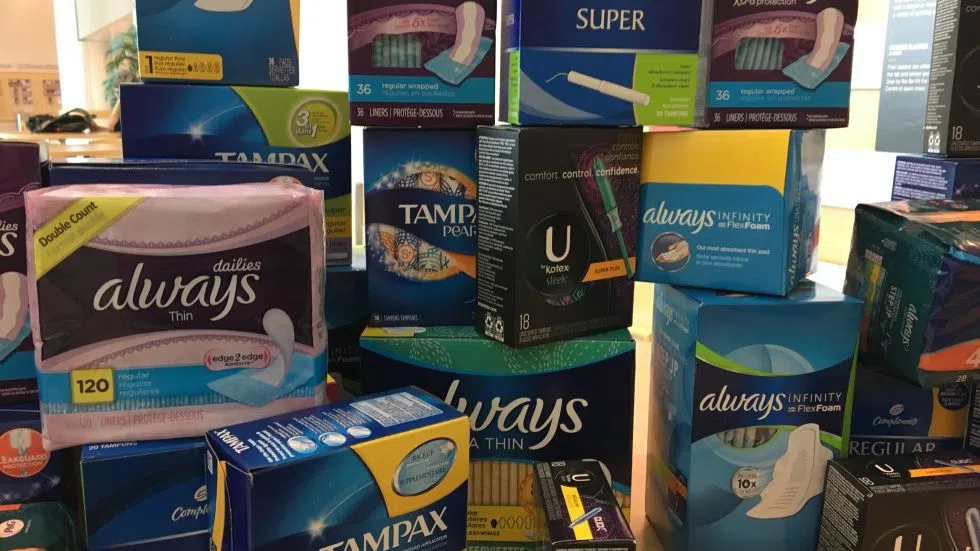
Some young women struggle to afford feminine hygiene products
MEDICINE HAT – Young women in Canada are struggling to afford basic necessities like feminine hygiene products.
A survey of 2,000 women 25 and younger was conducted by Plan International Canada. It shows a third of women have struggled to pay for items like pads and tampons for themselves or a dependant.
Tara Williams, a business instructor at Medicine Hat College, started a drive for feminine products at the Medicine Hat Food Bank two years ago. She said for some people talking about women’s health and reproductive systems remains a taboo topic, so issues like access to pads and tampons isn’t discussed.
